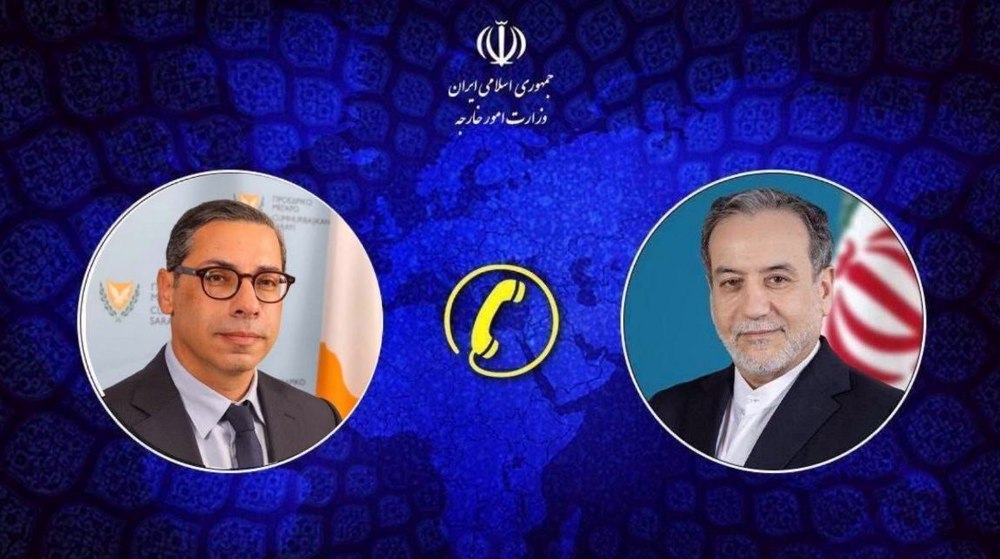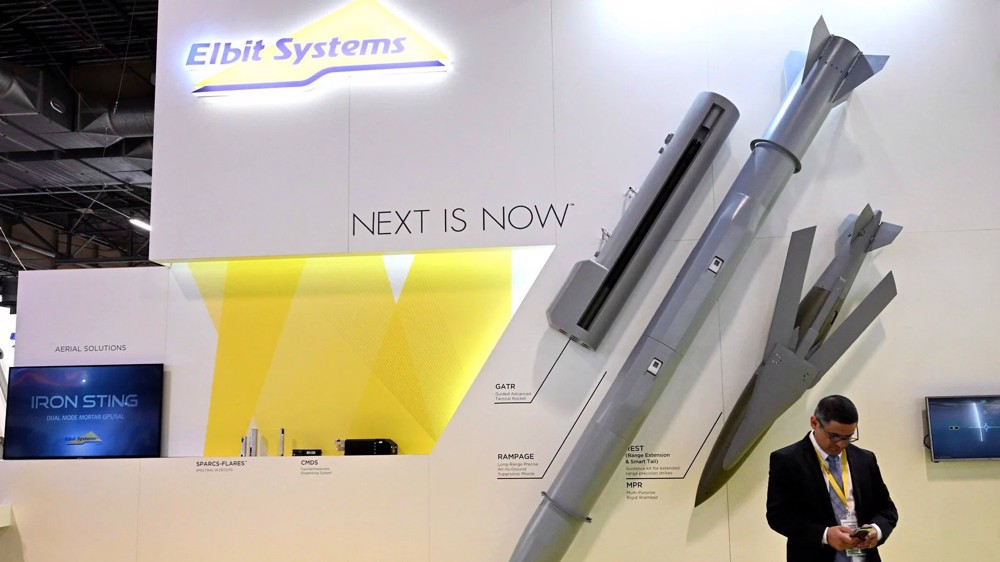Kuwait PM declines emir’s offer to be reappointed as senior ministers removed
Kuwait's caretaker Prime Minister Sheikh Jaber al-Mubarak has declined the ruling emir’s offer to be reappointed as premier after submitting the government's resignation last week.
"I decline this appointment and ask that you accept that," Sheikh Jaber said in a letter to the emir, Kuwait’s official news agency KUNA reported on Monday.
Sheikh Jaber Mubarak, who was appointed as prime minister in December 2011, submitted his resignation along with his cabinet on Thursday.
The cabinet resignation was triggered by the alleged embezzlement of nearly $800 million from a military aid fund.
Earlier on Monday, Kuwait’s emir Sheikh Sabah al Ahmad Al-Sabah removed his eldest son, Defense Minister Sheikh Nasser Sabah al-Ahmad al-Sabah, and Interior Minister Sheikh Sabah Al-Khalid Al-Sabah from their posts in the current caretaker cabinet.
The Kuwaiti defense chief had said the suspected irregularities estimated at around 240 million Kuwaiti dinars ($789 million) had taken place before his nomination to head the defense ministry in December 2017.
He said he had ordered that the purported irregularities be referred to the country’s public prosecutor for investigations before the government resigned.
Sheikh Nasser, who also serves as the country’s deputy prime minister, said he had requested explanations of the alleged misappropriations from the prime minister and the interior minister, but they failed to provide any response.
Kuwait is the only Persian Gulf country with a fully elected parliament that enjoys wide legislative powers and can vote ministers out of office.
The oil-rich country has been shaken by political disputes between lawmakers and the ruling family-led government for over a decade, with parliament and cabinets being dissolved several times.
A demonstration held outside the Kuwaiti parliament over alleged rampant corruption was reminiscent of past crises that have marred political life in the country.
The OPEC member, which has a native population of 1.4 million in addition to 3.3 million expatriates, pumps 2.7 million barrels of oil daily.
VIDEO | Press TV's news headlines
Hamas: Israel escalating ceasefire violations in Gaza
Venezuela's government declares unwavering unity behind Maduro
VIDEO | Global outcry over Venezuela president abduction
Iran keeps wheat import subsidies despite cutting other food supports
Venezuelan military stands with acting president after US kidnapping of Maduro
VIDEO | Press TV's news headlines
VIDEO | Protesters in Toronto slam US kidnapping of Venezuelan president














 This makes it easy to access the Press TV website
This makes it easy to access the Press TV website